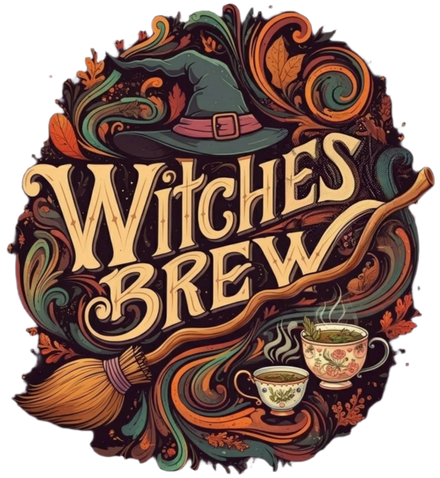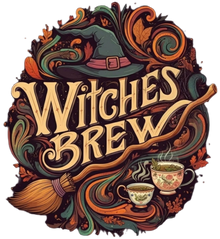Brewing Guide

Note: These are general guidelines. The strength and flavor of tea is a personal experience. For best results, start with a small amount and less steep time. Some teas can be steeped multiple times.
-
Black Tea
Amount: 1 tsp (2.5g) per 8 oz
Temperature: 212°F (100°C)
Method: Pour hot water over tea, steep 3-5 min
-
Green Tea
Amount: 1 tsp (2.5g) per 8 oz
Temperature: 175°F (80°C)
Method: Pour hot water over tea, steep 2-3 min
-
White Tea
Amount: 1 tsp (2.5g) per 8 oz
Temperature: 160-185°F (71-85°C)
Method: Pour hot water over tea, steep 1-3 min
-
Mate
Amount: 1 tsp (2.5g) per 8 oz
Temperature: 150-180°F (65-82°C)
Method: Pour hot water over mate, steep 3-5 min
-
Tisane
Amount: 1-2 tsp (2.5-5g) per 8 oz
Temperature: 212°F (100°C)
Method: Pour hot water over herbs, steep 5-10 min
Black Tea
Black tea is fully oxidized, giving it a robust flavor and dark color. Pouring hot water over the leaves and steeping for the recommended time extracts its bold, rich taste. Common varieties include Darjeeling, and Earl Grey.
Green Tea
Green tea is minimally oxidized, preserving its fresh, grassy notes. Hot water is poured over the leaves, followed by a shorter steeping time to avoid bitterness. Examples include Sencha and Matcha.
White Tea
White tea is delicately processed with minimal oxidation, yielding a light, floral flavor. Hot water is poured over the leaves and steeped briefly to maintain its subtle character.
Mate
Yerba mate, a South American herb, offers a stimulating, earthy brew. Hot (not boiling) water is poured over the leaves, and steeping brings out its unique, slightly bitter taste. It’s often enjoyed in a gourd with a bombilla.
Tisane
Tisanes, or herbal infusions, include ingredients like chamomile, peppermint, or rooibos. Hot water is poured over the herbs, and a longer steeping time draws out their flavors and aromas. They’re naturally caffeine-free.




